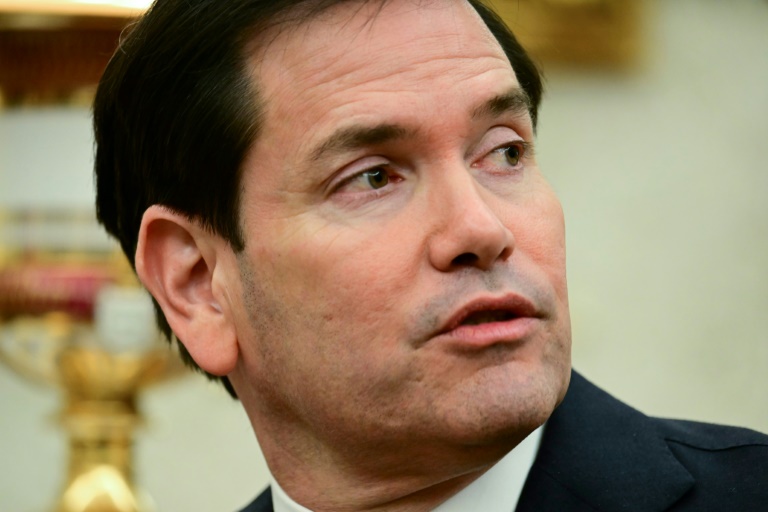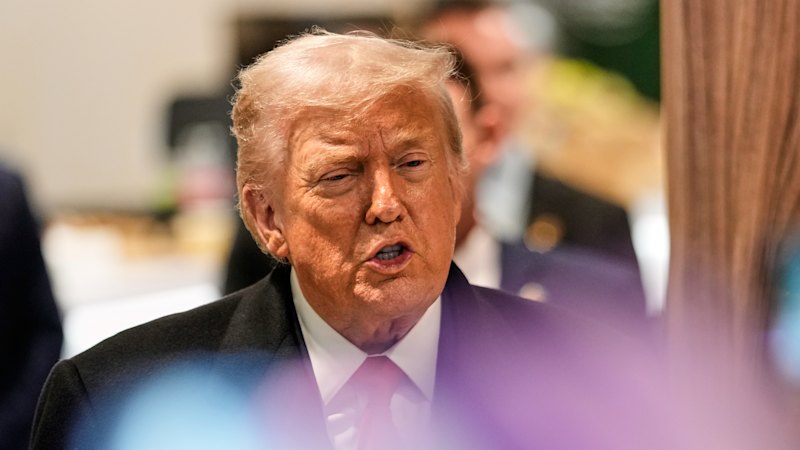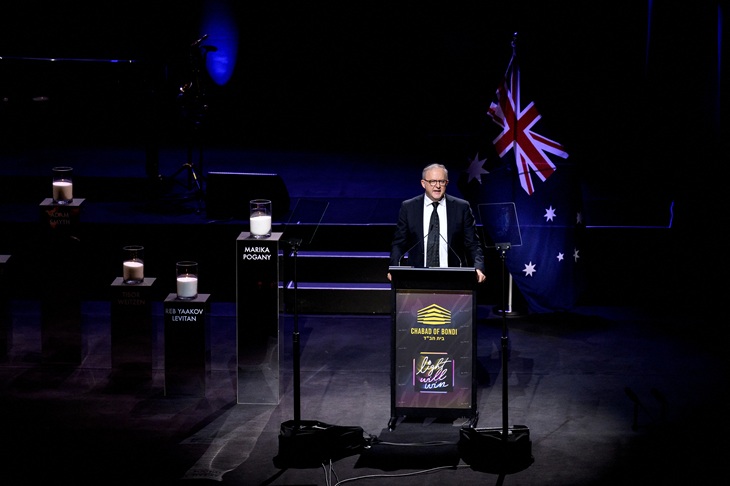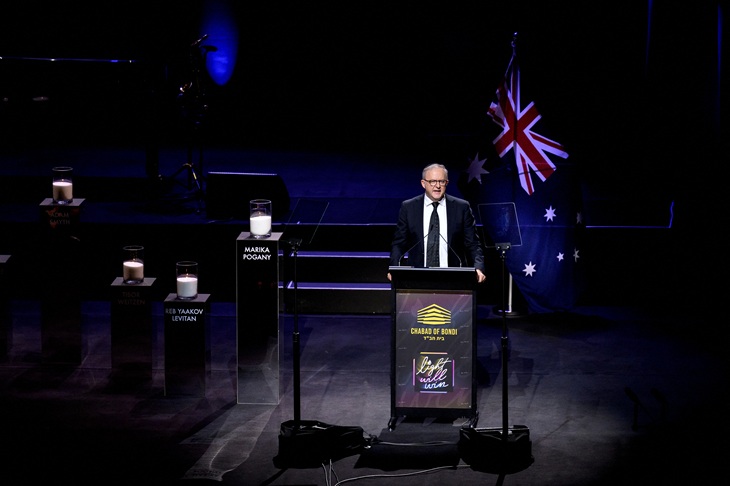
URGENT UPDATE: U.S. diplomat Marco Rubio has just arrived in Israel as tensions escalate over proposed annexation moves in the occupied West Bank, which risk jeopardizing a fragile ceasefire in Gaza. Israeli lawmakers advanced two bills on Wednesday aimed at annexation, just days after President Donald Trump brokered a ceasefire following the recent wave of violence initiated by Hamas in October 2023.
Rubio, speaking to reporters before his flight on Thursday, emphasized that annexation is “not something we can be supportive of right now,” warning that such actions are “threatening for the peace deal.” He acknowledged that recent legislative movements in Israel could undermine the ceasefire efforts. “At this time, it’s something that we… think might be counterproductive,” he stated.
The backdrop of this diplomatic visit is grave, as violence in the West Bank has surged since the beginning of the Gaza conflict. According to the Ramallah-based Palestinian health ministry, Israeli military actions and settler violence have resulted in the deaths of nearly 1,000 Palestinians since October, while at least 43 Israelis have lost their lives due to Palestinian attacks and Israeli operations.
Rubio’s visit follows that of Vice President JD Vance, who is concluding his trip aimed at stabilizing the ceasefire. Vance previously warned of the complex task ahead: “We have a very, very tough task ahead of us, which is to disarm Hamas but rebuild Gaza.” He inaugurated the new Civil-Military Coordination Centre (CMCC) in southern Israel to help monitor the truce and coordinate aid.
Despite the progress in establishing a ceasefire, Rubio noted that threats to it remain constant. “Every day there’ll be threats to it,” he said, reflecting the precarious situation. The truce faced severe challenges just last Sunday, when Israeli strikes in Gaza resulted in the deaths of at least 45 Palestinians.
In Gaza, civilians continue to grapple with the aftermath of two years of conflict. Maher Abu Wafah, a 42-year-old displaced resident, expressed deep concern: “We were afraid of dying during the war, and now we’re afraid of living after it. Our lives and our children’s future are slipping away before our eyes.” This sentiment underscores the urgent humanitarian crisis that continues to unfold.
As diplomatic efforts proceed, the International Court of Justice has issued an advisory opinion urging Israel to facilitate access to humanitarian aid for Palestinians. Israel has dismissed this ruling as a “political attempt” to exert pressure. Concurrently, a senior UN official highlighted the dire health conditions in Gaza, warning of the generational impacts of malnutrition on vulnerable populations, particularly pregnant women and infants.
The stakes are high as the U.S. aims to stabilize the region while navigating complex relationships with Arab and Muslim nations, many of which view the annexation of the West Bank as a red line. As the situation develops, all eyes are on how this pivotal moment will shape the future of peace in the region.







